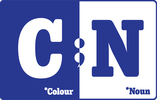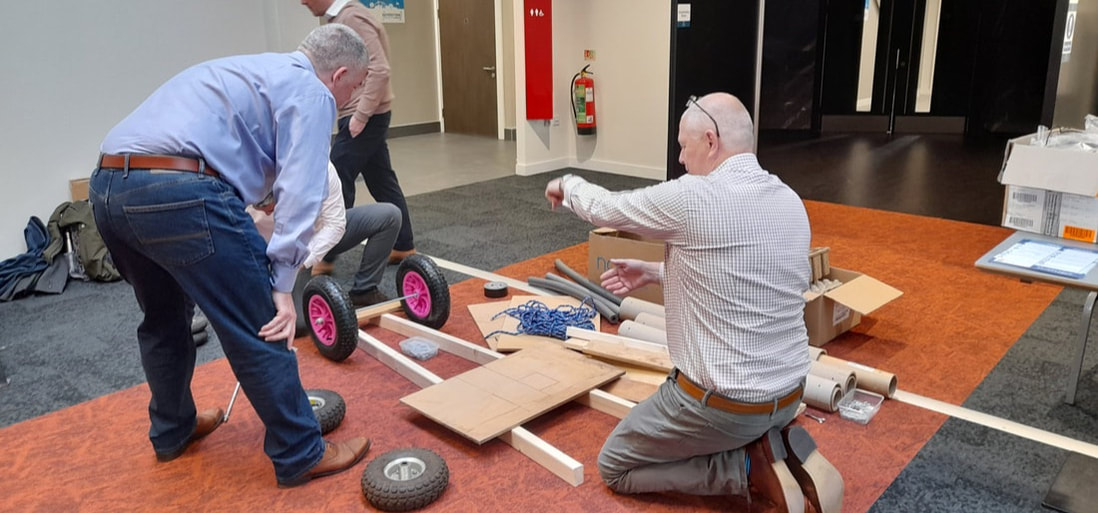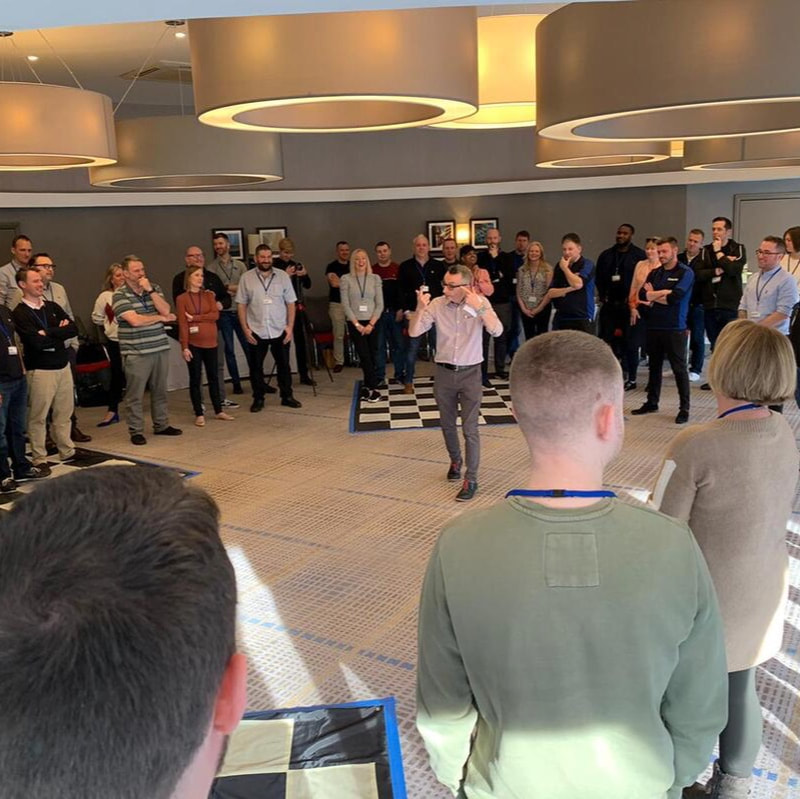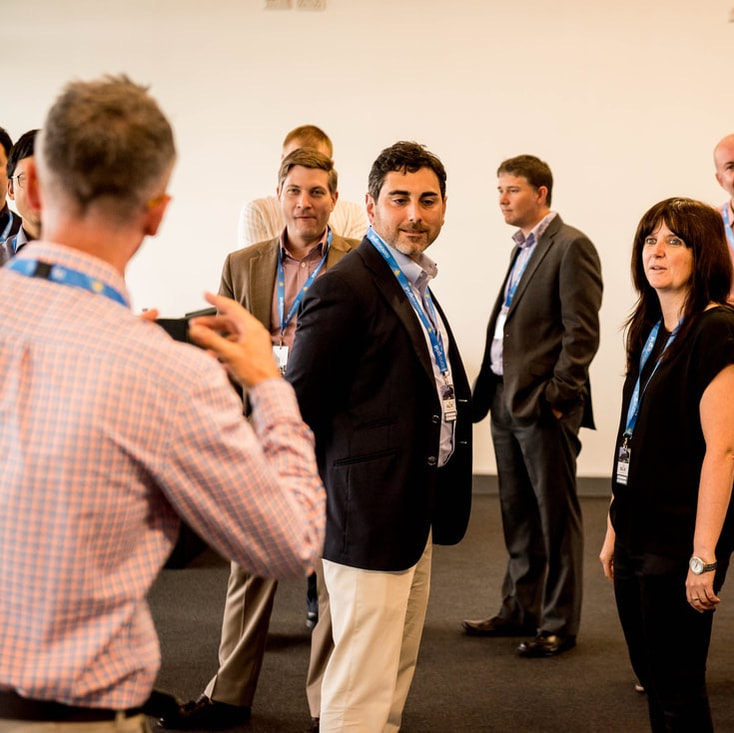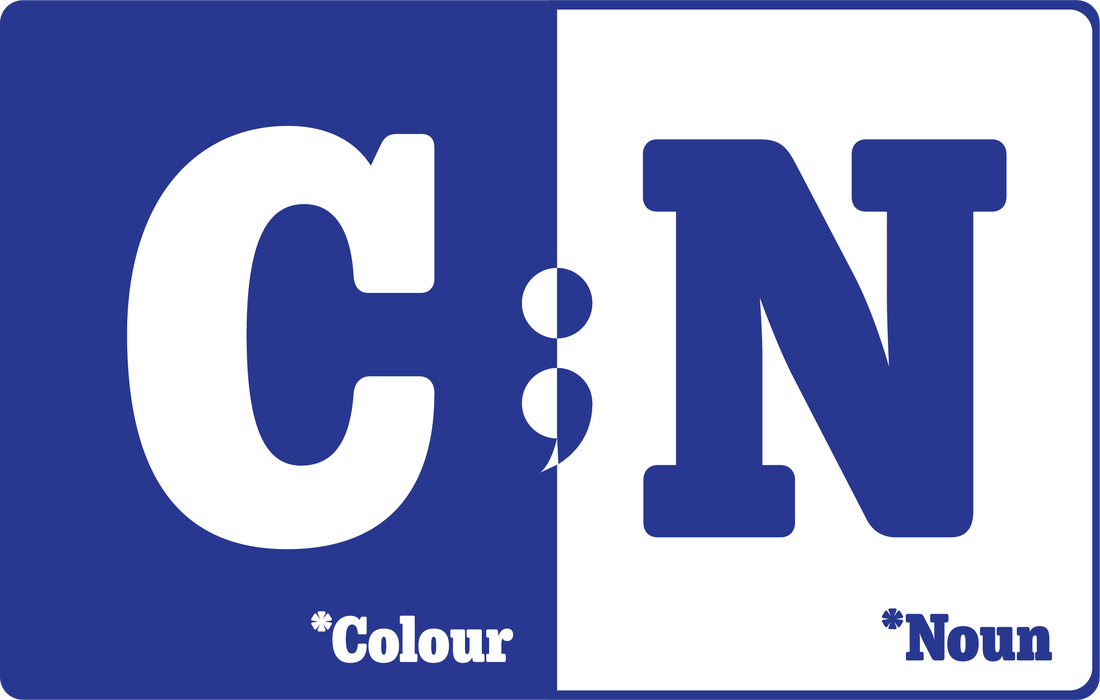|
We’re all flawed human beings. People are hard to work with. Businesses are dysfunctional. There… now we’ve got that out of the way we can move on.
Personally I would like to thank everyone for being like that. If you didn’t have flaws, have problems with your co-workers and work for a business that doesn’t know how it should be I would be out of a job. That being said, the world is full of consultants and people who have personality tests and patented solutions to your business’ problems that Will Make Everything Better™. Lord knows, we could be one of them. But we’re not. If anything we are more like a doctor dealing with a patient with a long-term condition. We can help you with some of the symptoms. We might even be able to cure a few aspects of your disease but the fact remains – you’re a flawed being working with other flawed beings in an artificial environment that was created by - you guessed it - flawed human beings. This looks like I have just described why you shouldn’t choose to work with us. It’s not. We’re just being honest… and, I don’t know about you, but I prefer to work with people who are honest rather than people who have blind faith in whatever snake oil they are peddling to cure your ills. So now I’ve established that we can’t cure you and your organisation, what can we do to help you? Well, what we would like to assist you with is understanding your place in a virtuous circle. As with most things, it starts with you. The first part of the system we like to work on when we work with a business is the individual. We can’t fix people who are broken, or paranoid or anxious or who doubt themselves, but we can offer some insight and some exercises that help you to manage yourself, grow yourself and develop your innate skills so you can be a better member of… Your team. If people can all individually be their best selves they will work better together and communicate and collaborate more in service of… The business. A better, more open, collaborative team will drive growth and performance while organically creating a positive culture and a good place to work. So that’s one way of going round the circle, but The Way That Can Be Taught is not The Eternal Way. There are other ways to approach it. If you start with your business, it has to know where it’s going, what its purpose is, and it has to make a commitment to being transparent and honest. Part of that journey is a full understanding that “a business” does not exist – it is a conglomeration of interconnected teams that have their own needs, functions, roles, challenges, pressures, conflicts, and are, in turn, made up of individuals - who must be recognised as such, with their own skills, needs, wants, ideas of progression, job satisfaction, purpose, etc. The challenge, which is a bit like patting your head while rubbing your tummy is ensuring that you are moving both ways around the circle at the same time. And that’s the space that we like to play in. No models. No “processes”. Just a chance to recognise the value of individual contributions, the importance of autonomy and the opportunity to challenge structures that are not working as well as they should.
0 Comments
“I’m sorry… we’ve never met.”
“I’m sorry we’ve never met.” Same words, subtle difference. The first suggests an opening, and offer to introduce yourself, a chance to make a connection. The second could be true of many people in my network. Many of mine are spread all over the world and while we may have exchanged messages digitally to the best of my knowledge we’ve never been in the same room at the same time. Probably not even in the same city. Perhaps not even on the same continent. That’s global life for you. But there is a worse scenario. That phrase can increasingly be used by people who work in the same organisation, in the same country, perhaps even in the same team or department. One of the things that we have noticed as a few more organisations start to organise in person events again after the pandemic is that the two-year hiatus in team activities and the rise of remote working has resulted in massively reduced connection. On practically every event that we have put together for clients since September 2021 the consistently heard phrase is “we have a lot of people who have joined the company in the past two years who have never met with the other members of the team in person”. Oh, I know what you’re going to say. “But we connect through Teams/Zoom/insert-video-conferencing-app-name-here now. We don’t need to meet in person.” Yes you do. Perhaps not every day in the office, but video calls are no substitute for actual human interaction. Those of you that know me – and have actually met me in real life – will know that amongst my passions I have an interest in body language and a pathological dislike of conference tables. The two are linked. Communication is a whole-body activity. From birth you start processing non-verbal signals that radiate from all parts of your body, particularly from the waist down. No! Not like that! Get your mind out of the sewer… A huge amount of information about how engaged people are comes from things they do with their legs, feet and hips. You aren’t consciously aware of them, but these subtle signs are instinctively registered when you talk in person. Unless they’re hidden under a table. Or out of vision on your laptop camera. The first thing we will try to do when we are organising an event is to get rid of the conference tables. You don’t really need somewhere to put your glass of water, or your complimentary event notebook, or your bowl of boiled sweets. It’s much more important to allow people to easily interact, and the removal of a useless big wooden barrier between them is the first part. Don’t get me wrong. If there is one thing that has come out of enforced remote working it is that people have accepted that turning your camera on is at least expected, and to leave it off is unusual… but don’t think you are engaging with the person on the screen. You’re not looking at them… you’re looking near them. When you take to the image on your screen, despite the distraction of seeing yourself in the corner of the screen, you’re not looking the person in the eye. You’re not even looking into the camera. You’re looking below the camera (assuming that the lens is at the top of your screen. I once had a laptop with the camera in the bottom left-hand corner, which made it look like I was permanently gazing off into the middle distance, but that’s another story.) So don’t think that the new members of your remote team have met their new colleagues. They’ve seen them, but they don’t know them. They haven’t worked out the subtleties of their communication styles or their personalities. And don’t think that the team members that you have kept through the past two years are the same people that you interacted with before March 2020. A lot has gone on for a lot of people. Values have shifted. Expectations have changed. Opinions have morphed and been refined. Another of our mantras is “information is not engagement”. What you get through a computer screen is information. You have to meet in person to experience true, multi-faceted human engagement. So… “I’m sorry if you’ve never met.” I’d love to engage with you personally about this article, but, as we’re all working from home at present the wait times are longer than usual.
Sound familiar? From my experience this kind of response has become the business equivalent of “the cat ate my homework” or “I left it on the bus”. I tried to get a passport in a hurry the other day… and guess what? That’s right. Covid said no. I have no doubt whatsoever that the changes in working practices that the pandemic has necessitated have been wide-ranging in their impact and legacy, but a convenient excuse is one that has elements of plausibility and that can be trotted out in any challenging situation. In the same way that “I’m sorry I’m late, the traffic was terrible” can mask your lack of organisation or punctuality, changes in how we are working can provide a smokescreen for a reduced commitment to delivering a good service. To be fair, I don’t spend that much time ringing customer service lines, but I wonder if the excuse of the pandemic is exhibiting some scope creep. Long before anyone had ever heard of Covid-19 we wrote an [article] on the phenomenon of “ghosting” in business. Again, this behaviour was scope creep from online dating apps that we saw easing into business interactions. So, if I can tear you away from the important business of you reading this article, have a quick look in your email inbox. How many unanswered emails do you have in there? Not just ones where you’re copied in to keep you updated, but actual emails that require a response? How many of them require a detailed reply, and how many of them just need a one- or two-line acknowledgement? But you’re busy right? And you’re working from home probably, so… yeah. Later. Or never. Whichever works. Probably never. My contention is that – like the myth that being “busy” is a good thing and somehow equates with “successful” and “productive” – people have just got ruder because everything has been dislocated somehow and that is a convenient excuse that means it’s sort of OK. When everyone got email it became the default communication channel for everything and people forgot to get up from their desk and have conversations… or even pick up the phone to speak to someone. Email proliferation took hold. Now, when everything is a Zoom call or a virtual meeting on Teams I think people have gone a stage further and prioritised manners and common courtesies out of their lives. In our brave new world of only physically coming into a shared workspace occasionally the risk is that we lose connections. Digital conversations are just the new Space Invaders that fill our screens and as we knock out the dozens of advancing tasks that press on us we neglect to shoot the spaceship that drifts across the top of the screen, even though it might carry a high value reward. This article, however much I care about the content, is just another passive element that drifts across your screen. How much richer, and different, and personalised would the conversation be if we were having it face-to-face? That’s what I fear we might all be losing. A lack of connection to clients, suppliers, colleagues. And each one of you is the only person that can reverse that trend. Through a word, a comment, an acknowledgement. We can all do it. But, oh… the pandemic… I remember. Ever since we began our Colour;Noun journey, we’ve always said that we’re sick of boring conferences and events. And that’s true. Events are an investment – they cost money; they take people out of the business for sometimes several days at a time – so what’s the point if it’s boring? We’re continuing to design and deliver engaging and impactful events for a range of businesses, as well as partnering with event destinations to shake up more events across the country (and beyond!). So, if you’re looking for impact at your conference, want to take your event to the next level, or just want permission to try something new, here’s how we can support your events in 2022… Team building sessionsWe don’t really like the phrase “team building”. It suggests that a team can be built in a day…but they can’t. They’re not rafts. Our “team building” sessions are far from pointless (or forced!) fun, injecting business relevance into enjoyable exercises that unpack relevant themes and challenges that teams face. It’s always fun, always relevant, hands-on, and helps build relationships in ways that "team building" never could. These sessions are a perfect introduction to doing something different at your next event, so whether you’ve got an hour to fill or a whole afternoon, we’ve got a catalogue of exercises and activities for you to choose from. Check them out here: https://www.colournoun.co.uk/team-building.html Event design and facilitationWhen it comes to conferences, we often hear the phrase “we’re looking to do something different”. But we know that ‘different’ is a sliding scale, so we help teams and businesses design events that work for them. We'll work with you to help you to create a memorable event from start to finish, collaborating with you to ensure the event is valuable, impactful, and full of energy. Whether that’s looking at the event structure, giving creative suggestions on venue or theme, providing interactive sessions, getting your messages across or facilitating the day, we’re here to support you. More here: https://www.colournoun.co.uk/conference-and-event-support.html Event facilitationIf you’ve got everything sorted for your event, but want to make it run smoothly, have you considered hiring a facilitator? Event facilitation takes some of the pressure off you and your team, so you can have the confidence that your event will go to plan. Smaller meetings, whether they’re strategy meetings, team updates or even those where you’re communicating something tricky, can benefit from someone with an unbiased eye to steer the conversation. For larger conferences and event, facilitators are invaluable in handovers, Q&As, interviews or awards ceremonies. More on our event support page here: https://www.colournoun.co.uk/conference-and-event-support.html With everything relaxing back into some sort of “normal” over the last few months, we know that lots of teams and organisations will be looking at getting their people back together, reconnecting, catching up, or even meeting in person for the first time.
Get in touch – we’d love to chat about your upcoming events and see where we can help you make them memorable, engaging and valuable for your whole team. Phone us on 01926 941747, email [email protected] or book a some time to chat here: calendly.com/colournoun. |
AuthorColour; Noun (Vicky Holding and Howard Karloff) Archives
November 2022
Categories |
